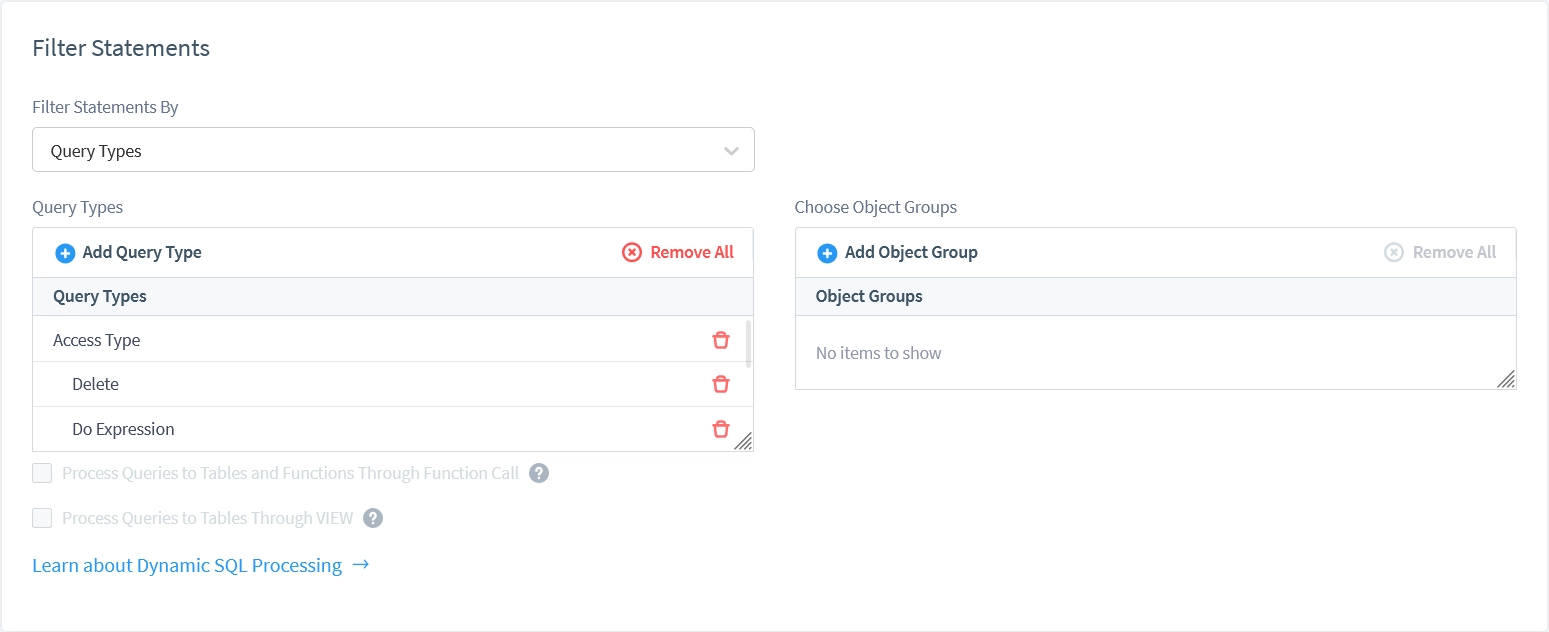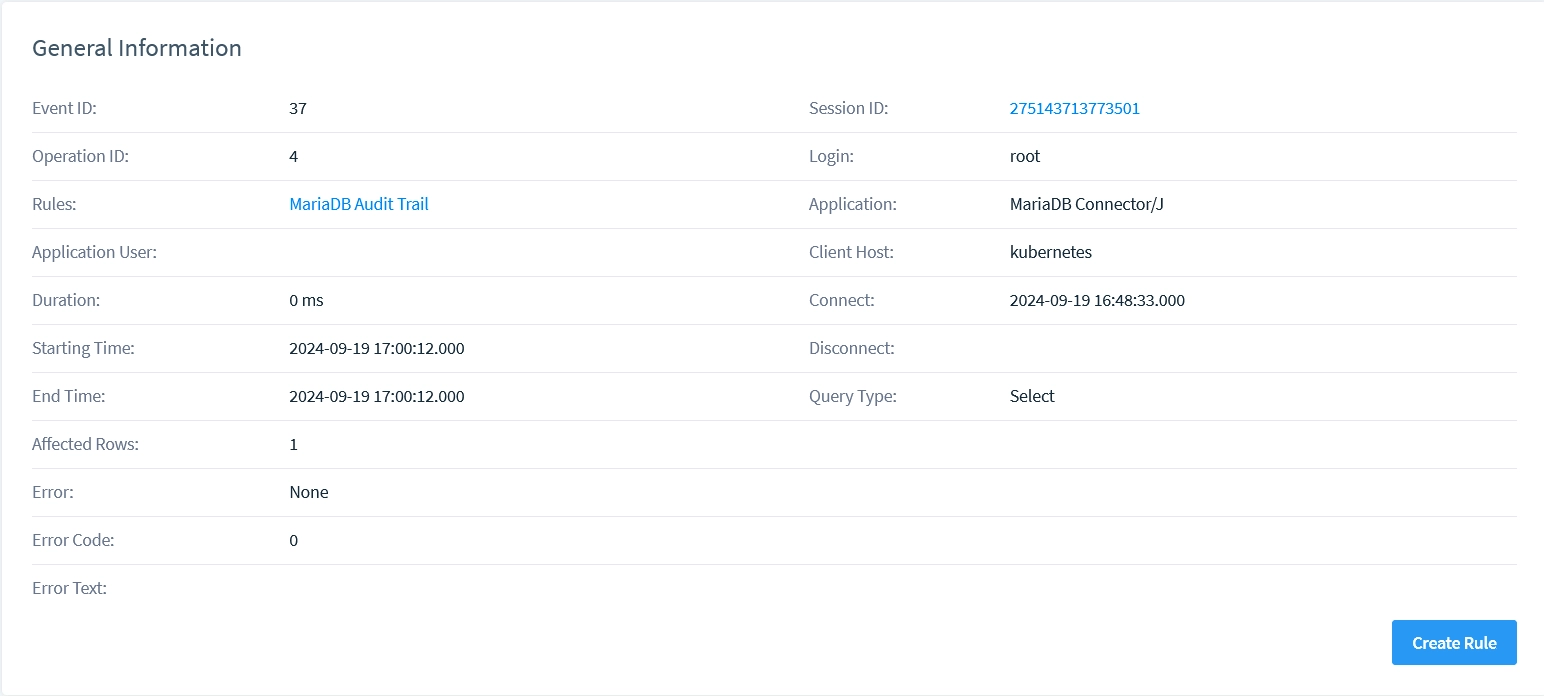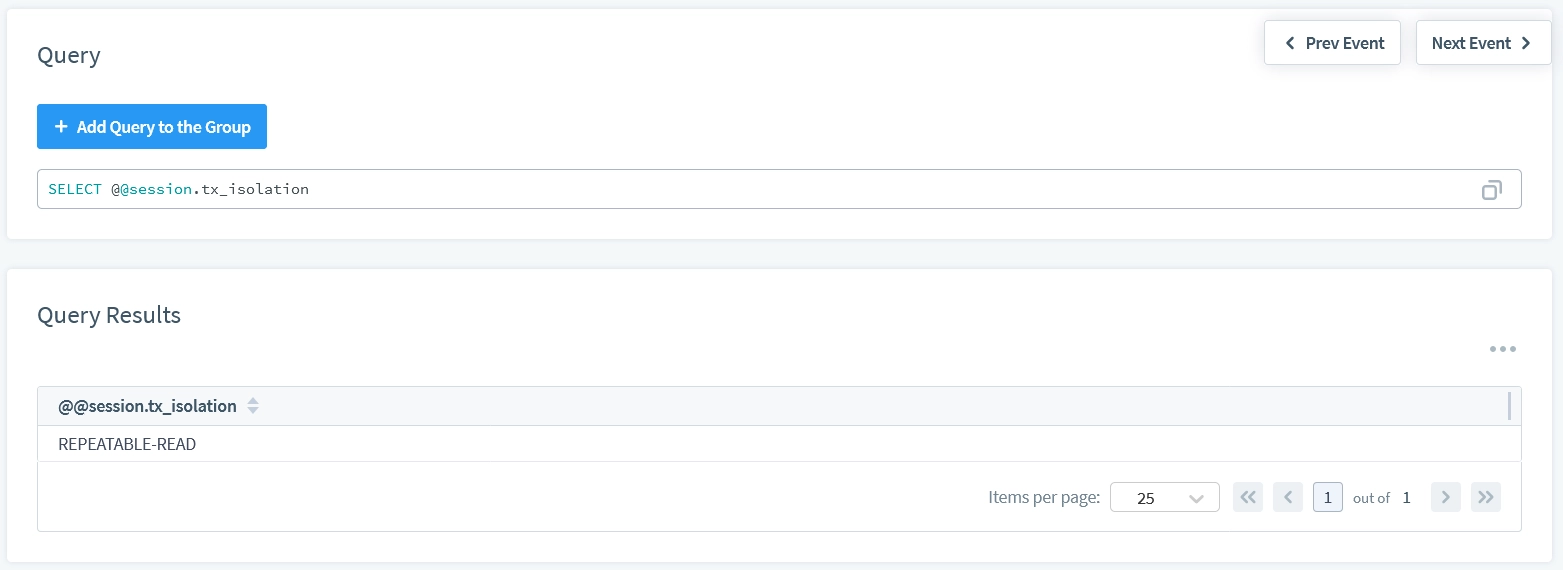
MariaDB Audit Trail: Comprehensive Tracking for Security and Compliance

Audit trails are essential in ensuring the security and integrity of databases. They provide a record of every change, access, or modification that occurs.
This article explains the basics of an audit trail. It focuses on how it works in MariaDB. It also looks at both native and external solutions. One of these solutions is DataSunrise.
What is an Audit Trail?
An audit trail is a record of all actions performed within a system or database. In MariaDB, this means tracking activities such as data changes, logins, and system events. Businesses and organizations use audit trails to ensure compliance with regulations, identify unauthorized access, and resolve issues by providing an accurate history of what occurred within their database.
Audit trails not only help in pinpointing problems but also enhance accountability. For example, when someone changes sensitive data, an audit trail shows who made the changes, when they did it, and what they changed.
Creating an Audit Trail in MariaDB
Setting up an audit trail in MariaDB is straightforward, especially with the available native tools. MariaDB does not have a strong audit logging system by default. However, it offers ways to enable it with plugins or external solutions.
MariaDB offers a plugin-based approach to audit trails. One of the popular options is the MariaDB Audit Plugin, which records user activities. The plugin logs actions such as login attempts, queries executed, and database modifications. You can write these logs to a file or system logs, which makes it easier to monitor and review activity.
To enable the audit plugin in MariaDB, follow these steps:
- Install the plugin: You can add the plugin using a configuration file or the `INSTALL PLUGIN` SQL command.
- Configure the plugin: Set options like log format, file path, and user filters. For instance, you can filter specific users or log only particular types of events.
- Review the logs: you can then examine logs for suspicious activity or compliance purposes.
- You can also filter specific users or events if you only want to log certain actions. For example, to exclude specific users from being logged, modify the server_audit_excl_users option:
SET GLOBAL server_audit_excl_users = 'user1,user2';
This will exclude the specified users from the audit trail.
Using DataSunrise for MariaDB Audit Trail
While MariaDB provides native audit capabilities, external tools like DataSunrise can offer enhanced functionality. DataSunrise is a comprehensive solution for database security and monitoring, providing flexible and detailed audit trail options.
DataSunrise connects to MariaDB and starts monitoring the database in real time. It captures all relevant activities without impacting performance. Through its centralized dashboard, you can set audit rules, monitor queries, and manage security features like data masking. Logs and reports are easily accessible through the interface, giving administrators a detailed view of all database actions.
How to Achieve an Audit Trail Using DataSunrise
DataSunrise makes setting up an audit trail simple, with user-friendly tools and enhanced options. DataSunrise helps ensure compliance with various regulatory requirements, such as GDPR, HIPAA, and PCI DSS. By maintaining detailed logs of all database activities, you have the necessary records for audits and inspections. The built-in reporting tools make it easy to create compliance reports tailored to your specific needs.
The designers created the DataSunrise interface to be intuitive, even for users who are not database administrators. With a few clicks, you can configure audit trails, view logs, and generate reports.
Here’s a brief overview of how to create an audit trail in MariaDB with DataSunrise:
- Install and configure DataSunrise: Unlike MariaDB’s built-in plugins, DataSunrise offers a graphical interface to help configure auditing options. It allows you to set rules for monitoring user activities, track changes, and capture queries in real time.
- DataSunrise offers customizable reports. These reports show who accessed certain data, what changes people made, and when they happened. These detailed logs make it easier to ensure compliance with various regulations, such as GDPR or HIPAA.
- Monitoring and alerting: With built-in monitoring tools, DataSunrise can send real-time alerts if suspicious activity is detected. This provides an extra layer of security compared to MariaDB’s native tools.
DataSunrise allows you to set up specific audit rules for tracking certain users, actions, or data objects. For example, you can choose to log activities of certain high-privilege users. You can also focus on sensitive data, like financial records or personal information.
For instance, you can create a new audit rule and set up filter statements like the one below.

What Does It Look Like?
The audit trail in DataSunrise presents data in a clear, organized way. You can filter logs by user, time period, or query type, making it easy to focus on the information that matters. For example, you could isolate logs for a specific user to monitor access or changes made to sensitive data.
Audit trails in DataSunrise are presented in a human-readable table
The DataSunrise interface gives users a clear view of activities. This helps them find important information faster. DataSunrise helps you quickly get detailed insights. You can use it to check logs for a compliance audit or to investigate suspicious activity.

Query results can be presented in Audit trail records, too.

You can easily see the audit trail in MariaDB with DataSunrise.
Summary and Conclusion
An audit trail in MariaDB is a vital feature that helps ensure data security and compliance. Using MariaDB’s native plugin provides a basic level of logging, capturing user activities and database modifications. However, for those needing more robust, flexible, and user-friendly solutions, DataSunrise offers enhanced functionality.
With DataSunrise, you can set up comprehensive audit trails that allow detailed tracking of all database activities. The real-time monitoring and alerting features add extra security. They help you spot potential issues before they grow into bigger problems. Additionally, the intuitive interface makes it easy to filter, review, and report on activities.
DataSunrise offers a user-friendly, flexible tool for database security, including auditing, data masking, and discovery features. To see how DataSunrise can help secure your database, visit the DataSunrise website and request an online demo. This demo will show how DataSunrise enhances security and provides in-depth database monitoring with minimal setup time.
If you are serious about securing your MariaDB database, DataSunrise offers a perfect combination of simplicity and functionality for creating a robust audit trail.
